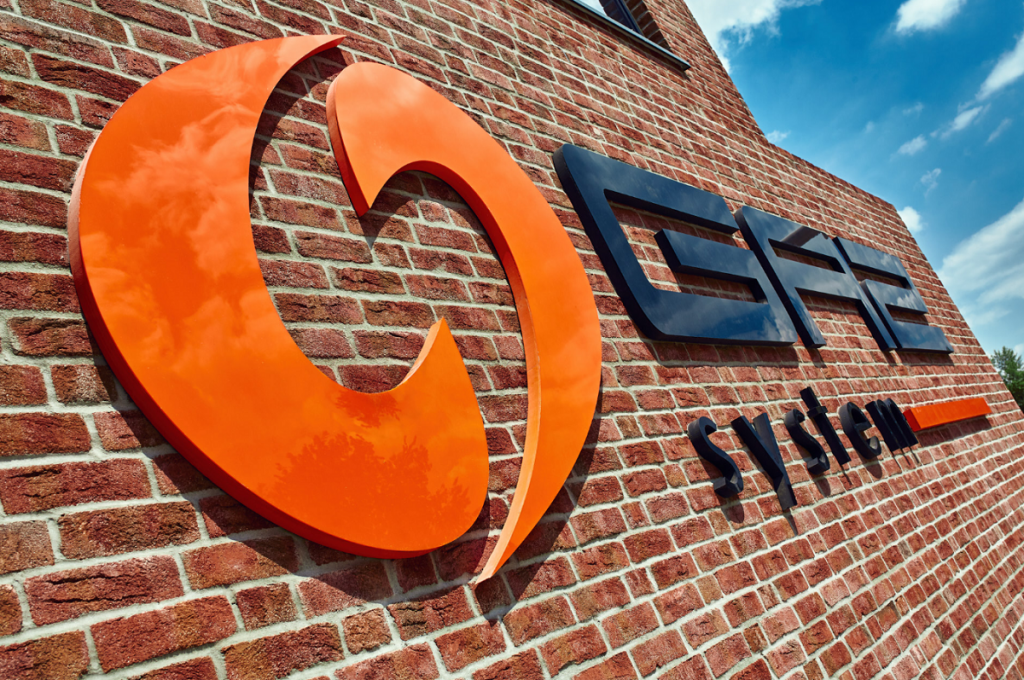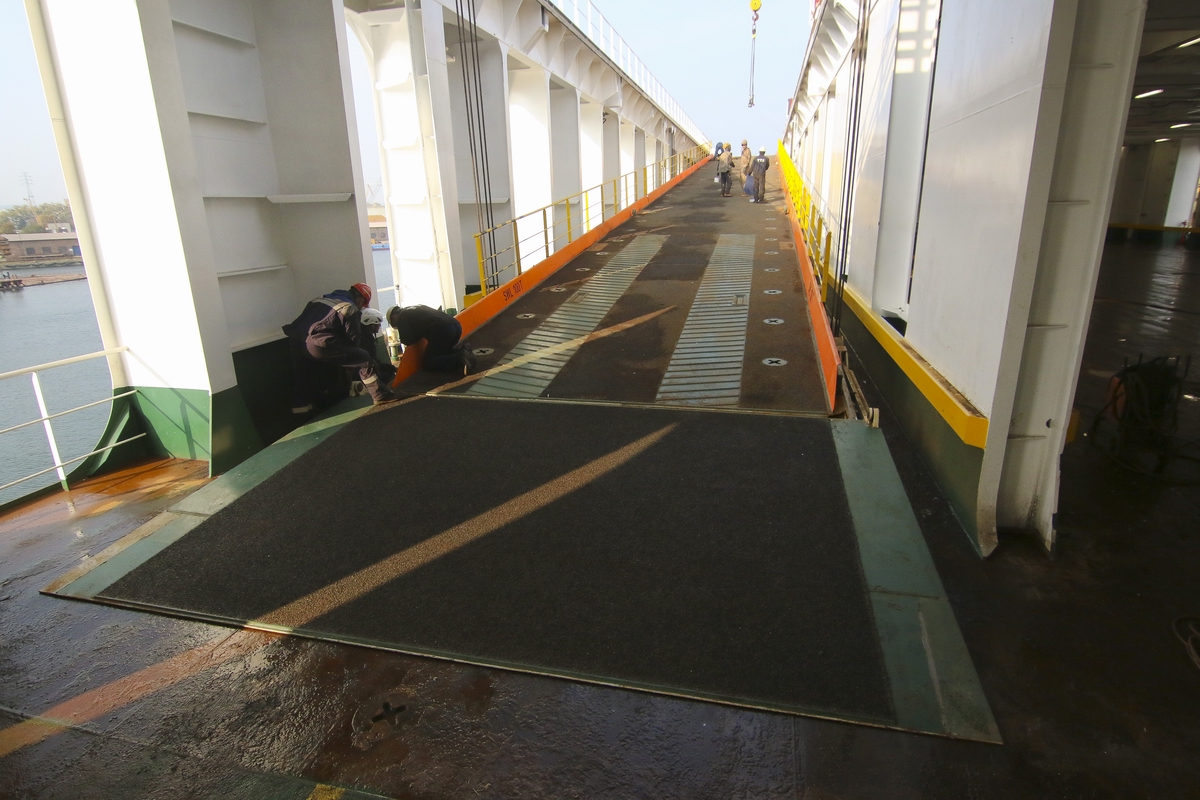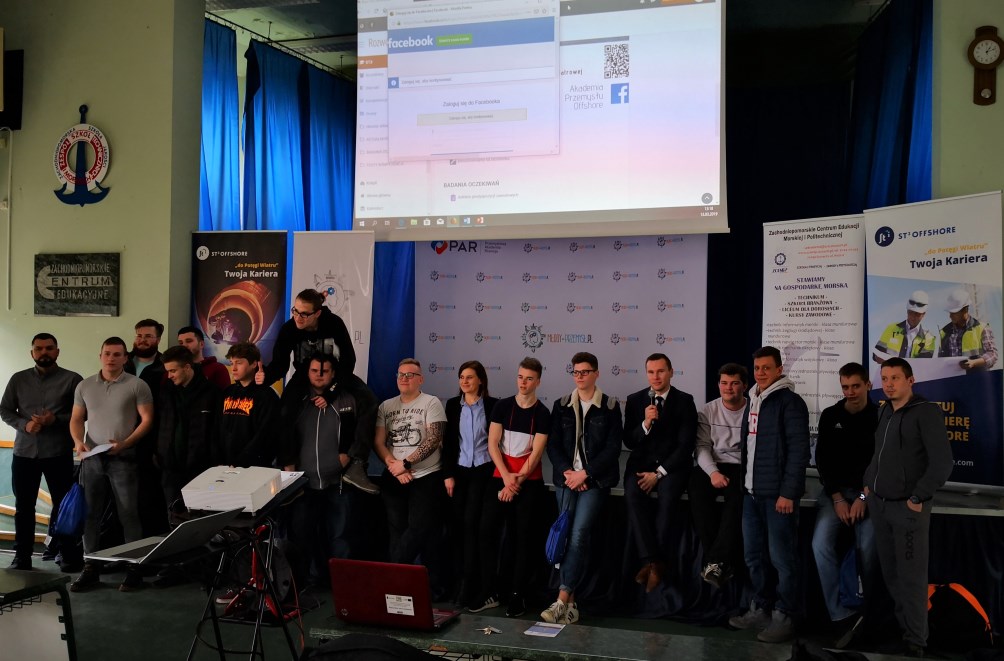The Nordic-Baltic Hydrogen Corridor has been granted PCI status in the European Union
The list of Projects of Common Interest (PCIs) including the Nordic-Baltic Hydrogen Corridor was published in the Official Journal of the European Union. This international hydrogen network project was proposed by GAZ-SYSTEM and gas transmission system operators from Finland, the Baltic States and Germany.
For the first time, the PCI list includes investment projects in hydrogen transmission and storage, as well as regasification of hydrogen or hydrogen derivatives. The Nordic-Baltic Hydrogen Corridor project has been included in the PCI list as part of the ‘Baltic Energy Market Interconnection Plan for Hydrogen’ (BEMIP Hydrogen).
– We very much welcome the publication of the first hydrogen PCI list which also addresses GAZ-SYSTEM’s new investment plans. The experience gained so far in the implementation of ambitious diversification projects, our resources and the competence of our Company will certainly contribute to the establishment of an integrated hydrogen infrastructure in our region – said Sławomir Hinc, President of the Management Board of GAZ-SYSTEM.
GAZ-SYSTEM has completed a number of projects that were recognised as projects of common interest in the European Union on the basis of the European TEN-E Regulation. These included the initiatives such as Baltic Pipe, the LNG terminal in Świnoujście, system interconnections with Lithuania and Slovakia and the expansion of the national gas transmission network.
The Nordic-Baltic Hydrogen Corridor is currently at the pre-feasibility study stage, which is expected to provide recommendations pertaining to the scope, costs, location, timing and economic viability of the project. The report is expected to be completed in the second half of 2024.
The new TEN-E regulation provides for the possibility of granting PCI status to the investment projects contributing to the integration of European hydrogen infrastructure through the implementation of hydrogen transmission and storage projects and facilities for receiving and regasification of liquefied hydrogen or hydrogen blended with other chemical substances (e.g. ammonia).
As stipulated in the TEN-E Regulation, PCI projects are fundamental for effective implementation of the European energy and climate policy. The most important of these initiatives provide affordable, secure and sustainable energy for all citizens, as well as contribute to building low-carbon economy in the European Union. These projects should also foster the development of priority energy infrastructure corridors and significantly improve security of supply, market integration and competition.
PCI projects can benefit from the best practices derived from TEN-E regulation, including such advantages as accelerated permitting process. PCI status also allows to apply for funding under the Connecting Europe Facility (CEF), provided that certain conditions are met.
Source: Gaz-System




